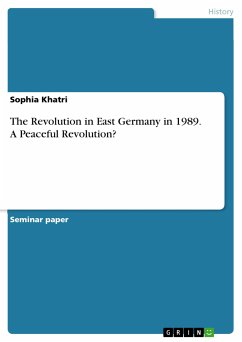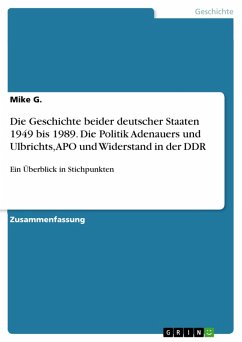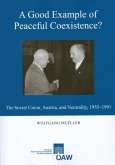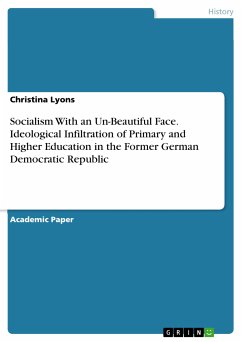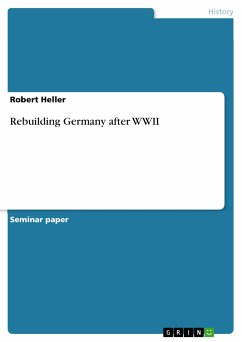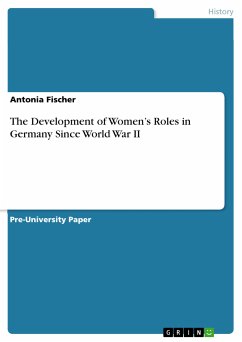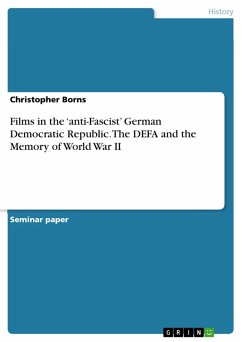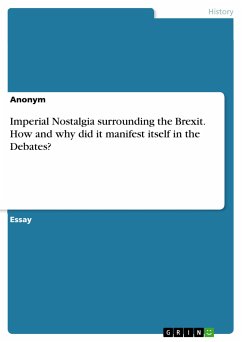Seminar paper from the year 2020 in the subject History of Germany - Postwar Period, Cold War, grade: 1,0, University of Ghent, language: English, abstract: This paper discusses the classic understanding of the Revolution in East Germany in 1989. The excluding criteria of violence will be challenged upon the revolutionary process. Furthermore, the reasons for the non-violent participation in the protest will be analysed upon a structural-behavioural approach within the Ration Action Theory. This paper examines the term 'Peaceful Revolution' and its outstanding characteristic of peaceful. First, the definition and framework of the Revolution will be discussed. The paper concentrates on the non-violent aspect through a behavioural-rational approach which will be also introduced to the reader. In the second part, the paper will discuss if the process in East-Germany fulfils the conditions of a Revolution. Furthermore, the reasons why people participated in demonstrations in the autumn of 1989, especially why the people choose a non-violent way, will be viewed. The paper follows the research question: Why did the protest in Autumn 1989 in East Germany remain peaceful? How does the Peaceful Revolution challenge the classic definition of Revolution? 1989 became a historically important year for Germany and the whole of Europe: The fall of the Wall on November 9th became a symbol for the self-liberation of East Germans. It marked the end of an authoritarian soviet Era and the reunification of one of the economically strongest nations in Europe. Today 30 years later the Peaceful Revolution is celebrated as a unique spontaneous and non-violent revolution in Germany. The GDR (German Democratic Republic) citizens reached for freedom during the Monday demonstrations in the main cities of Leipzig, Dresden, and East-Berlin after they were oppressed for 40 years by a socialist totalitarian regime. Elementary human rights such as freedom of travel, speech, and information were taken away from them. During one month, October 1989, East Germans started writing history: the dictatorship was peacefully challenged with demonstrations and rallies and then completely swept away. Divided Germany and Europe were gone. October 9th is seen as a milestone in Germany's road to freedom and finally resulted in the Fall of the Wall on November 9th.
Dieser Download kann aus rechtlichen Gründen nur mit Rechnungsadresse in A, B, BG, CY, CZ, D, DK, EW, E, FIN, F, GR, HR, H, IRL, I, LT, L, LR, M, NL, PL, P, R, S, SLO, SK ausgeliefert werden.

